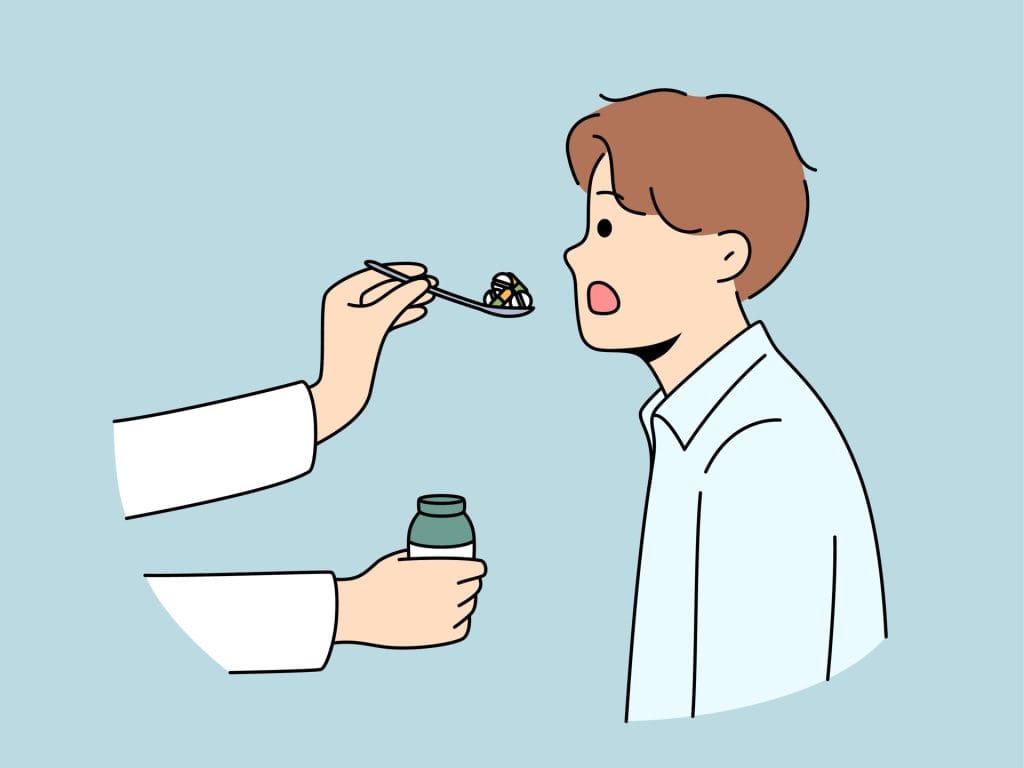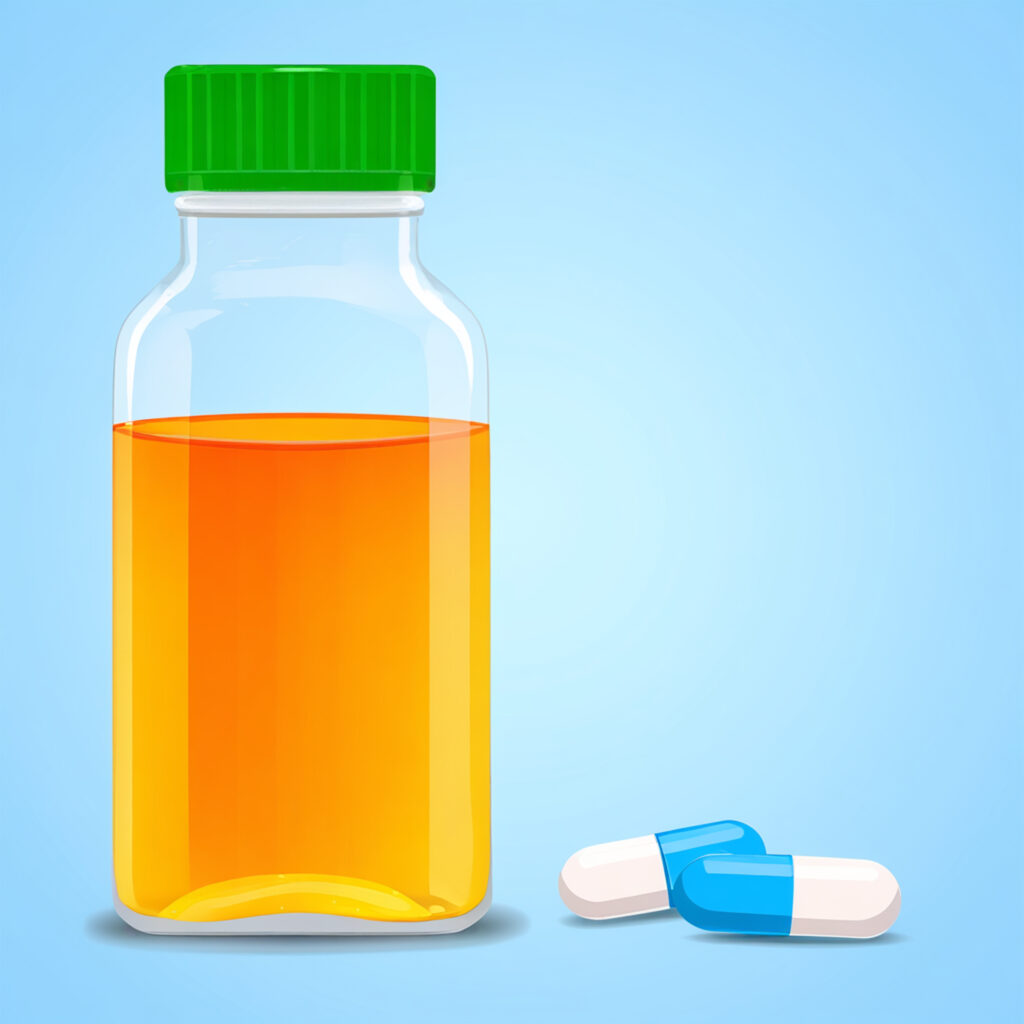Sick of Swallowing Pills? Why ‘Pill Fatigue’ is Real and How Liquid Shots Solve It for Good
Key Takeaways Pill fatigue is a legitimate phenomenon affecting up to 40% of adults who struggle with daily supplement routines involving multiple tablets and capsules Liquid vitamin shots offer 90-98% absorption rates compared to just 10-20% for traditional pills, delivering nutrients directly into your bloodstream faster Difficulty swallowing pills (dysphagia) affects approximately 1 in 25 adults annually, making liquid alternatives medically necessary for many Liquid vitamin delivery systems bypass digestive breakdown, reducing gastrointestinal discomfort while improving bioavailability and effectiveness Modern liquid vitamin shots are scientifically formulated for taste, portability, and complete nutritional delivery without fillers or binders found in pills Introduction: The Hidden Struggle of Daily Pill-Taking If you’ve ever stood at your kitchen counter staring at a handful of vitamins, dreading the act of swallowing them one by one, you’re not alone. That feeling of exhaustion, resistance, or outright dread associated with taking pills isn’t just in your head—it’s a genuine phenomenon that healthcare professionals now recognize as “pill fatigue” or “pill burden.” Every morning, millions of Americans go through the same ritual: sorting through bottles, counting tablets, filling water glasses, and struggling to swallow large capsules that seem to stick in the throat. The irony? These supplements are supposed to make you feel better, yet the act of taking them creates stress, discomfort, and often leads to skipped doses that undermine your health goals. Research indicates that medication non-adherence costs the U.S. healthcare system approximately $100-289 billion annually, with difficulty swallowing being one of the primary culprits[1]. In this comprehensive guide, we’ll explore why pill fatigue is a legitimate medical and psychological concern, examine the science behind why so many people struggle with traditional supplements, and reveal how liquid vitamin shots are revolutionizing the way we approach daily nutrition. Whether you have a genuine medical condition that makes swallowing difficult, or you simply can’t stand the thought of choking down another horse pill, you’ll discover practical solutions backed by scientific research that can transform your supplement routine from a daily chore into a pleasant, effective wellness habit. What Exactly Is Pill Fatigue? Defining the Phenomenon Pill fatigue, also known as pill burden, refers to the physical, psychological, and emotional exhaustion associated with taking multiple medications or supplements regularly. While the term originally emerged in clinical settings to describe patients managing chronic conditions requiring numerous daily medications, it has gained broader recognition as supplement culture has exploded in recent years[2]. The average American adult takes approximately four prescription medications daily, and an additional 77% of Americans take dietary supplements[3]. When you combine prescription drugs with a comprehensive supplement regimen—multivitamins, vitamin D, omega-3s, probiotics, and specialty nutrients—you’re looking at potentially 6-12 pills per day. That’s over 4,000 pills per year, and the psychological weight of that routine accumulates over time. The Psychology Behind Supplement Resistance The mental burden of pill-taking extends beyond simple inconvenience. Behavioral psychology research shows that routines requiring multiple steps, physical discomfort, or unpleasant sensory experiences (like bad taste or texture) have significantly lower compliance rates[4]. Each negative experience with swallowing pills reinforces avoidance behavior, creating a vicious cycle where the thought of taking supplements triggers mild anxiety or resistance. This psychological response manifests in several ways: – Decision fatigue: Having to remember which pills to take, when to take them, and whether you’ve already taken them depletes mental energy– Anticipatory dread: Knowing you’ll struggle to swallow creates stress before you even attempt it– Guilt and shame: Missing doses due to avoidance leads to self-criticism, further reinforcing negative associations– Routine disruption: The time-consuming nature of managing multiple pills makes the habit easy to skip when rushed Physical Challenges: More Than Just Inconvenience Beyond psychological factors, legitimate physical challenges make pill-taking difficult or impossible for many individuals. Dysphagia, the medical term for difficulty swallowing, affects approximately 15 million American adults[5]. This condition ranges from mild discomfort to complete inability to swallow pills safely. Common physical challenges include: – Pill size anxiety: Many supplements, particularly multivitamins and fish oil capsules, are significantly larger than average pills– Gag reflex sensitivity: Some individuals have hyperactive gag reflexes that trigger when pills reach certain areas of the throat– Dry mouth conditions: Medications, aging, or medical conditions that reduce saliva production make pills stick to the throat and esophagus– Previous negative experiences: Choking incidents or pills getting stuck create lasting fear and physical tension that makes future attempts harder– Texture aversions: The coating, taste, or feeling of pills dissolving in the mouth creates strong negative responses multivitamin benefits The Medical Reality of Swallowing Difficulties Understanding Dysphagia and Its Prevalence Dysphagia isn’t a rare condition affecting only the elderly or seriously ill—it’s surprisingly common across all age groups. The condition exists on a spectrum from occasional difficulty with certain pills to complete inability to swallow solid objects safely. Healthcare providers categorize dysphagia into oropharyngeal (difficulty initiating swallowing) and esophageal (difficulty with food or pills moving through the esophagus)[6]. Risk factors and populations particularly affected include: – Adults over 50 years old (affects up to 22% of this demographic)– Individuals with neurological conditions such as Parkinson’s disease, multiple sclerosis, or stroke history– People with gastroesophageal reflux disease (GERD) or other digestive disorders– Patients undergoing cancer treatment, particularly radiation to the head and neck– Anyone with anxiety disorders or previous traumatic choking experiences When Pills Become a Safety Concern For those with genuine swallowing disorders, taking pills isn’t just unpleasant—it can be dangerous. Pills that become lodged in the esophagus can cause serious complications including esophagitis (inflammation), ulceration, or aspiration into the lungs[7]. Certain medications and supplements are particularly problematic due to their size, coating, or chemical composition when they remain in contact with esophageal tissue. Healthcare providers often recommend liquid alternatives as the first-line solution for patients with dysphagia, recognizing that medication adherence dramatically improves when the delivery method doesn’t trigger fear or physical discomfort. The same principle applies to nutritional supplements—if taking them feels unsafe or extremely unpleasant, compliance plummets and health benefits are lost. Age-Related Swallowing Changes Even without a diagnosed condition,











.png)
